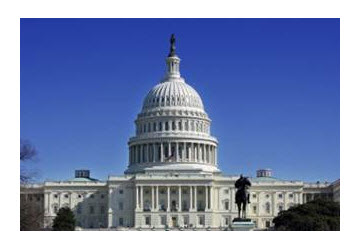Disclaimer: I am not a tax expert, nor have I ever run my own business. Therefore, when it comes to hot-button issues such as taxation, with broad implications for U.S. businesses large and small, I simply lack the required knowledge and personal experience to have a well-informed opinion.
But I am a small-business advocate, which means I try to share and provide commentary on topics of relevance to those in the small-business community.
Of particular interest this week is the Marketplace Fairness Act (S. 743), which on Monday was moved by the U.S. Senate to its floor for official debate.
its floor for official debate.
According to this report courtesy of Direct Marketing News, the bill would “give states the power to require remote sellers, including e-commerce sites and catalogers, to collect sales tax.”
The report cites a letter written by the Direct Marketing Association (DMA), in which the organization claims further Senate committee vetting is required, and asks that Senators not pass the bill until “outlined simplification requirements are met.”
From the Direct Marketing News report: “We don’t think the Senate floor is the best place to have the first markup on a piece of legislation that is as sweeping and important as this one is,” says Ron Barnes, DMA’s VP of state affairs.
According to the official Marketplace Fairness Act website, small businesses will be protected from the bill’s taxation requirements: “Online sellers with less than $1,000,000 in remote sales annually will be exempt from collection requirements. Remote sales are sales to customers in states where the seller does not already have a physical presence.”
Why is this new taxation needed? Because, as stated on the Act’s website, “Thousands of businesses are forced to do business at a competitive disadvantage because they have to collect taxes and online sellers do not, which in some states can mean a 5 to 10% price advantage.”
However, the DMA’s Ron Barnes disagrees, as quoted in the Direct Marketing News report: “the bill treats all businesses accumulating more than $1 million in gross sales equally and is thus particularly burdensome to small- and medium-size remote sellers who might not have the funds or resources to comply with sales tax collections, tax holidays, yearly audits, and additional administrative responsibilities.”
It’s an interesting debate, and I see plenty of logic in each side’s argument.
I encourage readers to understand both sides of the debate and then share your comments here. It’s an important topic, and I’m curious what you think.


